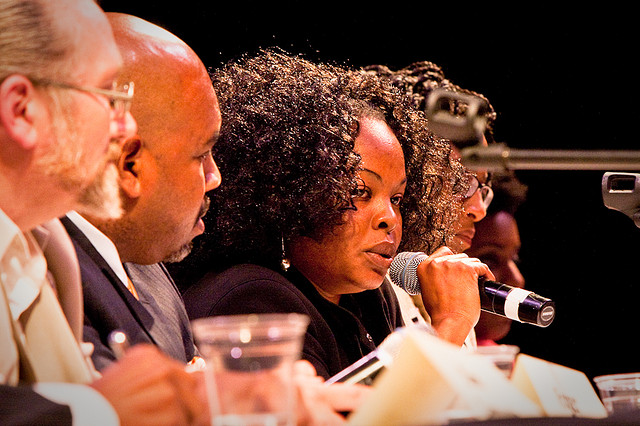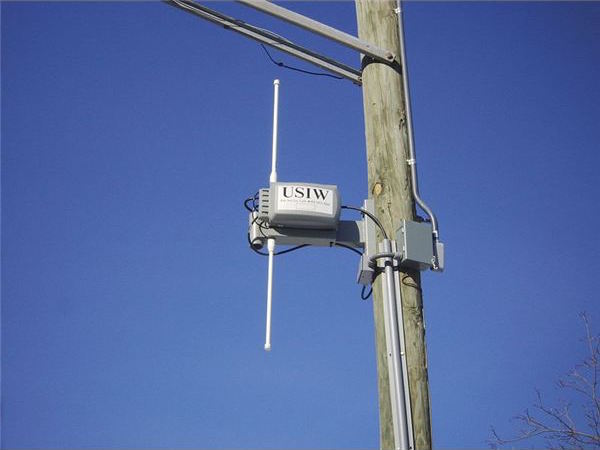Local Governments Have Been Trying to Install Municipal Wireless Networks Since the Early Twenty-First Century
In 2004, Philadelphia became one of the first American cities to undertake a municipal broadband project in earnest; alas, it did not go beyond the planning stage. After a year of planning, Philadelphia announced that the project was better off in the hands of an established internet provider, which ended up terminating the project in 2008.
Philadelphia is hardly the only American city to pull the plug on an ambitious municipal wireless network project. There’s also Chicago and even Portland. Outside of the U.S., there’s Dublin and Groningen. What makes free Wi-Fi such a difficult endeavor for municipalities?
The Problem with the Municipal Wi-Fi Concept
For some reason, municipal councils in the U.S. have approached the idea of providing free internet access with a flawed mentality. It seems as if early proponents were inspired by Starbucks, but they did not consider issues of capacity and scalability.

City council members perhaps thought that Starbucks and other major private enterprises would simply donate equipment and offer free Wi-Fi to the public. This is highly unrealistic; it would be easier for a municipality to offer free wired, instead of wireless internet, but there’s still the last mile issue to consider.
Early municipal wireless network projects were too lofty and magnanimous for their own good, and it is very possible that council members ignored the last mile, an industry term used to describe the cost and difficulty of delivering quality internet service to a residence. Free Wi-Fi does little to alleviate the last mile issue, which is often regulatory and expensive. W
The Basics of Municipal Wireless Networks
In any municipal wireless network project, there must be some level of wired infrastructure. First of all, there is a need for at least one backhaul, which is the main source of Internet transmissions. A sensible solution for the backhaul is to operate a very-small-aperture terminal (VSAT) facility. VSAT internet is a broadband solution that has proven to be very effective in rural areas, and is also used by mission-critical clients such as field military units.
 Using VSAT Internet as the backhaul of a wireless network is a sensible solution in terms of cost, but the backbone must be considered. In Virginia, Bristol operates a sophisticated fiber-optic backbone to offer comprehensive broadband to residents, businesses, and public institutions, but this project required contracting heavy equipment, government financing and expenses that other municipalities may not be able to obtain.
Using VSAT Internet as the backhaul of a wireless network is a sensible solution in terms of cost, but the backbone must be considered. In Virginia, Bristol operates a sophisticated fiber-optic backbone to offer comprehensive broadband to residents, businesses, and public institutions, but this project required contracting heavy equipment, government financing and expenses that other municipalities may not be able to obtain.
Operating a centralized broadband solution can be tricky, and the old hub and spoke distribution method is not reliable for a municipal network. Peer-to-Peer (P2P) paradigms have also been attempted to some degree; a good example in this regard is Fon Wireless Limited, a Spanish company that operates an international Wi-Fi network, albeit not for free.
Wireless mesh networks are a better solution for municipal broadband; this involves the use of radio transmitters located across the city, which can in turn connect to wireless routers or to internet-connected devices. Utility poles are typically used to install these transmitters, and they follow a pattern determined by the topology of the city.
Funding and Financing Municipal Wireless Networks

Municipalities are efficient at managing utilities such as electricity, water, garbage collection, etc. Those are traditional, well-established services, which means that their initial costs have already been paid many times over. Such is not the case with municipal broadband, which many cities thought they could simply offload to private enterprises interested in providing free internet services to residents.
Many cities thought they could simply offload [municipal broadband] to private enterprises interested in providing free internet services to residents.
Many cities have come to the realization that the cost of providing free Wi-Fi will not be recouped as soon as they would like. There’s also the issue of competition; many smartphone users these days enjoy wireless broadband through 3G and LTE networks at reasonable prices, which means that they would expect a similar level of service from their cities.
Residents and visitors of cities that operate municipal wireless networks are paying for the service in one way or the other. These payments are usually handled through taxes and fees that may be tacked on to existing services or sales.
While city councils implementing municipal wireless networks have received mostly praise for the project, some residents are concerned that city-wide wifi will perpetuate the issue of smartphone use on the roads. However, higher car insurance premiums are said to always be a sound control for those who are caught texting and driving.
Cities that enjoy a significant revenue base are more likely to be in a position to offer free Wi-Fi, or at least offer it a very low cost. To this effect, it would be easier for many cities to operate a network in a manner similar to that of a city park that charges a reasonable admission fee and offers discounts to students and elderly residents.

